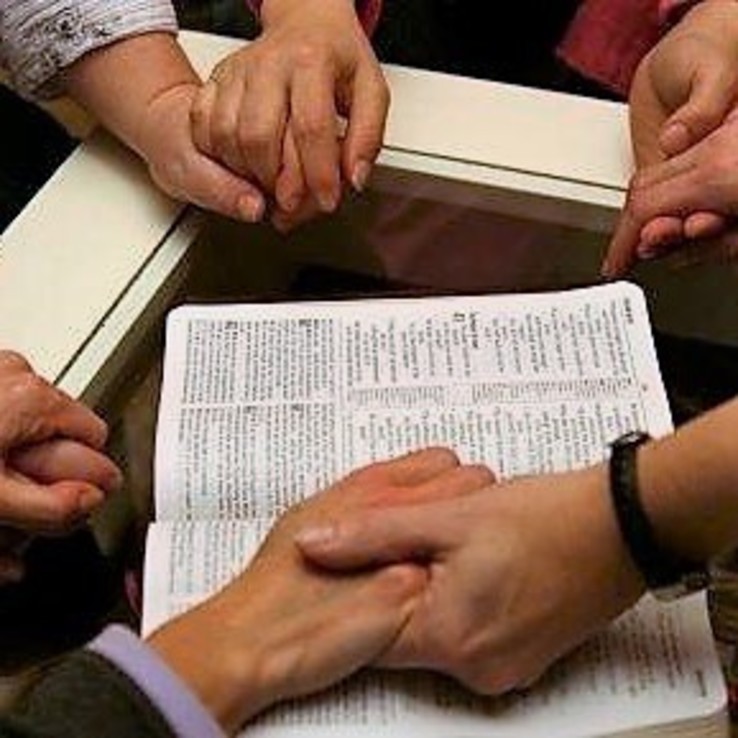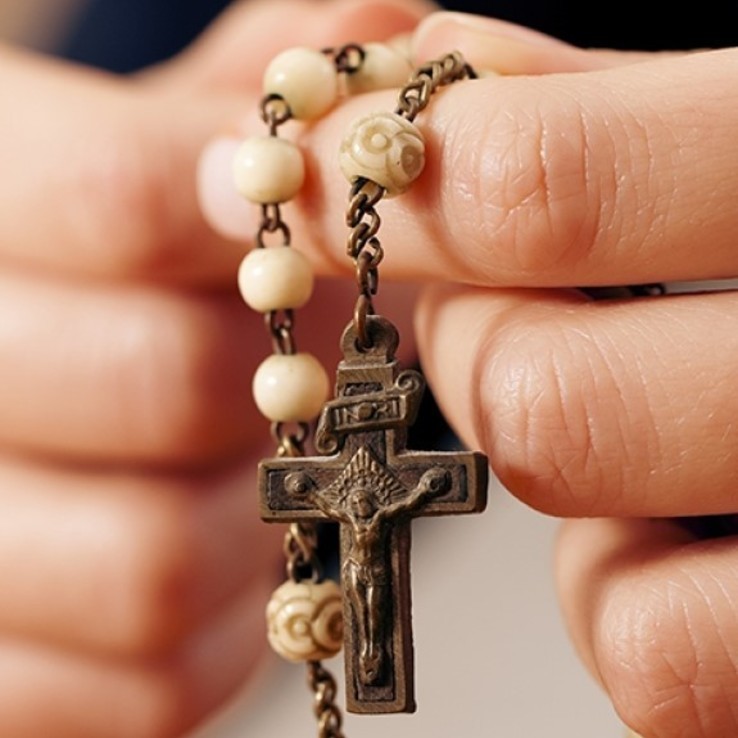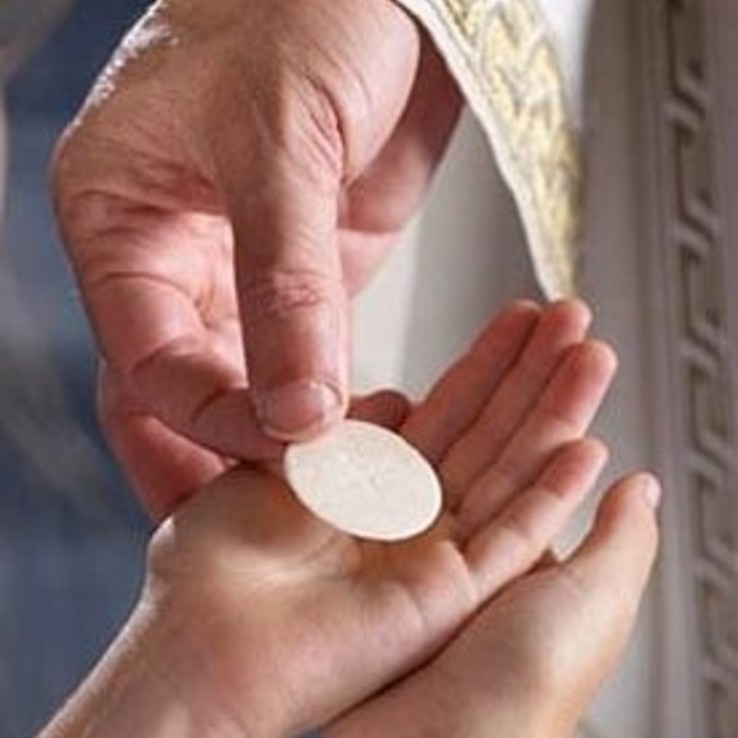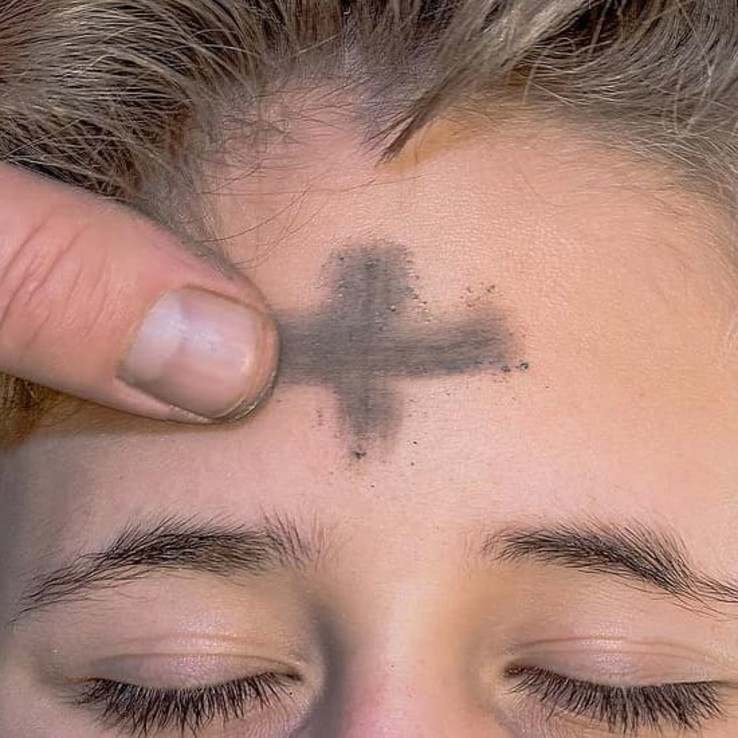Interested in becoming Catholic?
Ever since the resurrection of Jesus from the dead, the Catholic Church has preached the Gospel and welcomed people from every corner of the world to join her as disciples of Jesus Christ.
You are invited to “come and see.” (John 1:46)
The ordinary way that most adults become Catholic is through a process that is a modern adaptation of the ancient method of the first centuries of the Church. This process is called the Order of Christian Initiation of Adults, abbreviated as "O.C.I.A." OCIA prepares the unbaptized to receive the sacraments of Baptism, Confirmation and Holy Communion.
OCIA also prepares those who have been baptized to be received into full communion with the Catholic Church and receive the sacraments of Confirmation and Holy Communion. The Catholic Church honors baptism as a sacrament that may be validly received in Christian communities and traditions that are not Catholic, therefore, we never re-baptize those who have already received a valid baptism.
Step one: Inquiry
The Church understands that people approach the Catholic Church for a variety of reasons. That is why the OCIA process begins with what is typically called Inquiry, a time to learn basic teachings of Catholicism, find answers to questions, and begin to experience the community life of their parish church.
For the unbaptized who are ready to make a formal commitment to learning the faith and preparing for the sacraments, the Rite of Acceptance is celebrated (a similar ceremony called the Rite of Welcoming is for the baptized).
Step Two: Catechumenate
The next period is called the Catechumenate and is a time of learning and more intense preparation for Catholic life. Corresponding with the season of Lent, the unbaptized enter into a period called Purification and Enlightenment by participating in the Rite of Election with their bishop (a similar ceremony, the Call to Continuing Conversion is for the baptized).
Step Three: Initiation
This culminates in the Easter reception of the Sacraments of Initiation. Those who were previously baptized sometimes are received into the Church at this time and may also be admitted into the Church at another time of the year according to their readiness.
Step Four: Ongoing Formation
Following initiation, new Catholics go through the period of Mystagogy which normally coincides with the Easter season. This is a time to deepen understanding and participation in the sacraments.
 If you are an adult (over 18) and curious about what Catholics believe and want to know more -- or if you are already Catholic and want to complete your Sacraments of Initiation -- you are cordially invited to email Deacon John Sawaya. We will welcome you with joy!
If you are an adult (over 18) and curious about what Catholics believe and want to know more -- or if you are already Catholic and want to complete your Sacraments of Initiation -- you are cordially invited to email Deacon John Sawaya. We will welcome you with joy!
Children, ages 7-14 and teens 15-18, come into the Catholic Church or complete their Sacraments of Initiation through a different path than the one listed above.







